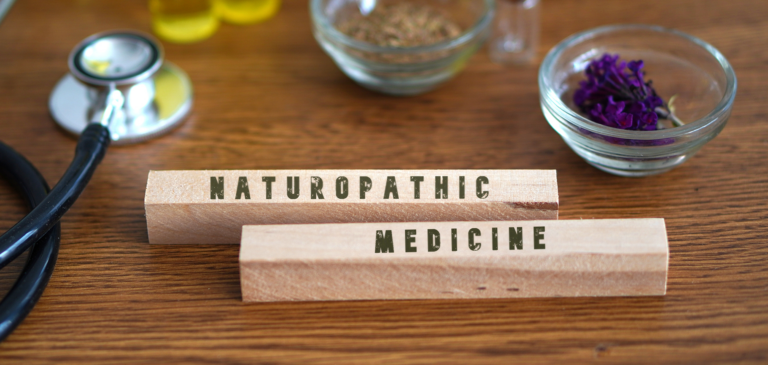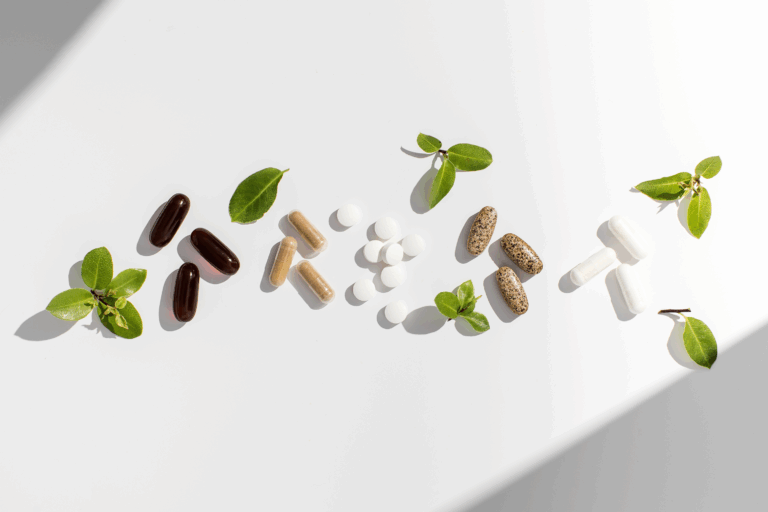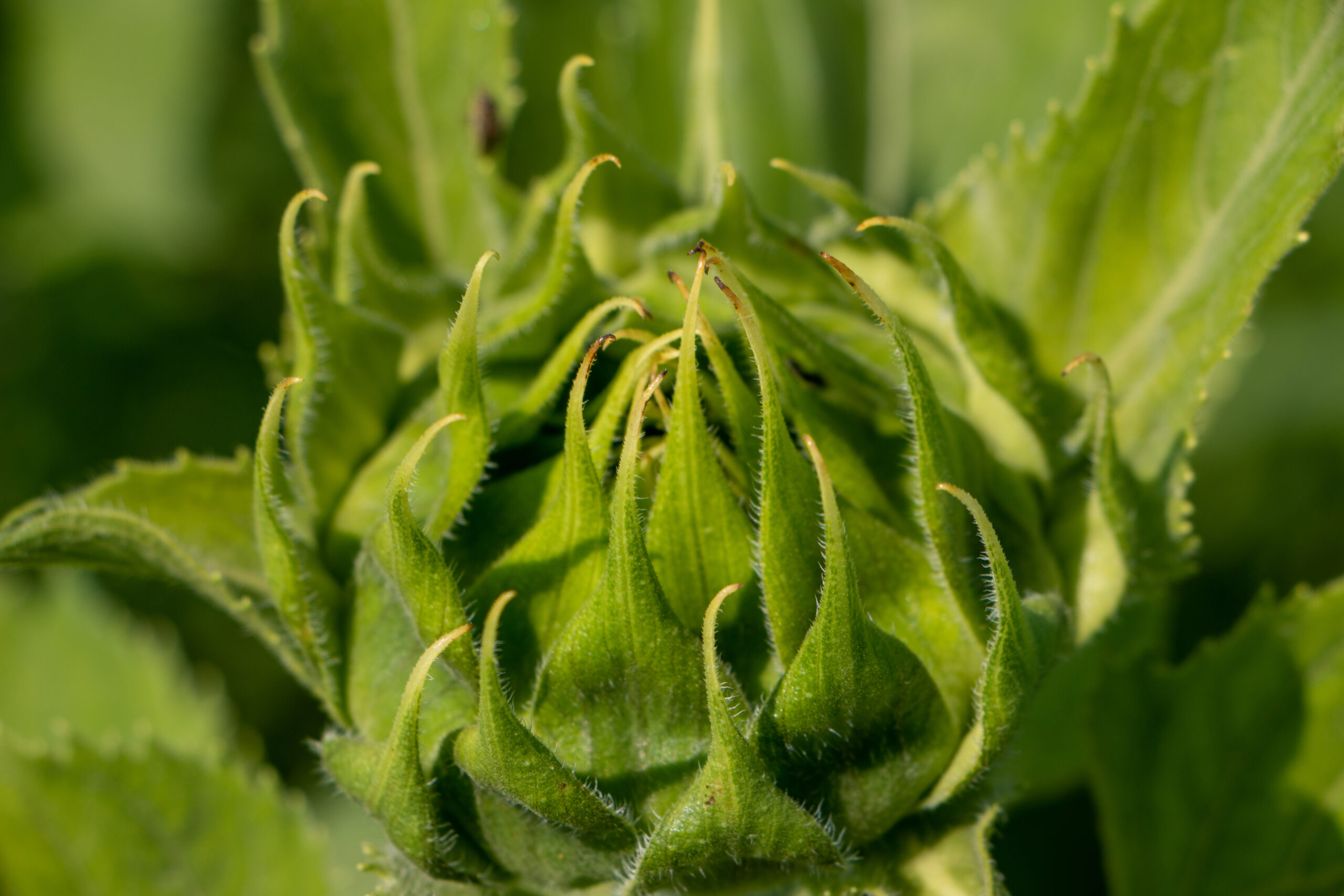Supporting Immune Health While Traveling
Summary
Travel is a fun part of life but can also challenge the immune system. Consuming nutrient-dense, whole foods prior to travel and throughout a trip can greatly support immune health.
The immune system protects the body from potential infections day after day. Traveling can put extra strain on the system, requiring the immune system to work even harder. Traveling can expose the body to foreign invaders, especially ones it may not have seen before.
Long-distance travel can also add stress to the body due to time zone changes, different foods and meal timing, lack of easily accessible water in some cases, and the emotional stress of delayed flights and other travel issues. But taking preventative measures, developing a plan to support immune health during travel, and making safe and healthy choices while traveling can help prevent illness, increasing the likelihood a trip is spent enjoying sights and attractions.
The Relationship Between Nutrition and Immunity
The immune system relies on nutrients for proper function and a rapid response to neutralize a threat. Many vitamins and minerals are involved in supporting immune health:1,2
| Nutrient | Example of Immune-related function |
| Vitamin A | Supports general immune system response mechanisms |
| Vitamin C | Acts as antioxidant to limit oxidative damage during immune response |
| Vitamin D | Regulates genes involved in immune response |
| Zinc | Supports barrier integrity |
| Magnesium | Activates immune cells |
Together, these nutrients can greatly enhance the function of the immune system, allowing it to work efficiently and protect the body.
Pre-travel Nutrition Tips
A balanced diet prior to departure can help increase nutrient stores so that if they are needed, the body can quickly access key nutrients. Choosing nutrient-rich, whole foods provide the body with essential nutrients and phytonutrients. In whole foods, these nutrients work synergistically to provide extra protection to the body. Try consuming fruits and vegetables that are a variety of different colors to maximize phytonutrient intake. Additionally, limiting processed foods can also help ensure nutrient needs are met and avoid consumption of empty calories.
Hydration is another important aspect of pre-travel wellness. Proper water intake maintains fluid balance in the body, all the way down to individual cells. This helps with circulation, which is how immune cells travel throughout the body, searching for threats. Adequate hydration can also help maintain healthy mucous membranes in the body.
Mucous membranes serve as a first line of defense to physically separate important body systems from potential bacteria or viruses in the environment. Because access to clean water may be limited in some areas, carry clean water and possibly a water filter if the destination is more remote. Because the taste of water can vary at different destinations, options like fresh fruit or mix-ins may help improve the taste, supporting adequate intake of water.
Finally, consider probiotic-rich foods or a probiotic supplement to boost gut health before embarking on a trip. Probiotics are specific strains of bacteria that can colonize the intestinal tract and carry out their functions.3 Probiotics can strengthen the gut barrier, protecting from the invasion of various harmful compounds via the gut, and they can also positively influence the composition of the gut microbiome.3 The residents of the gut microbiome play a major role in immune health, communicating with and activating the immune system.4
Nutrition Advice During Travel
Planning ahead can provide major support to the immune system while traveling. For example, snacking smart with immune-boosting snacks can provide the body with a dose of vitamins and minerals. Foods like nuts, seeds, and fruits are a good source of immune-supporting nutrients like vitamin C and zinc. Next, choosing meals that are rich in immune-supporting nutrients can help the body recover from an exhausting day, replenishing nutrient stores. When possible, seek out local, fresh, organic foods.
Finally, staying hydrated while traveling as dehydration can decrease the ability of the immune system to prevent infection. It is easy to overlook early thirst cues, but travel can elicit an increased risk of dehydration, especially in hot, arid climates or during an active vacation. Hot weather and high activity can increase water loss from sweat.
Look for symptoms such as dizziness, light-headedness, headache, fatigue, dry mouths and lips, and infrequent urination.
When traveling to areas with varying water quality, opt for factory-sealed bottled water for consumption and tasks like brushing teeth. Be careful to avoid swallowing water while in the shower and avoid potentially contaminated water.
Beyond Nutrition: Other Immune-boosting Practices While Traveling
Other decisions beyond food and nutrition can help support immune health while traveling. First and foremost, getting adequate sleep supports immune health as sleep plays a regulatory role in immune functions, including the immune systems’ ability to develop a memory. Adequate sleep also promotes overall health by decreasing inflammation and promoting healthy cells.5 When adjusting to new time zones, try to shift sleep patterns gradually in the days leading up the trip. Get plenty of sleep prior to traveling and do not overschedule the first day of the trip. Allow time to rest and recharge. Additionally, pack items that can support healthy sleep including a sleep mask or ear plugs.
Next, practice stress-management techniques to reduce chronic stress which can significantly impair immune functions.6 And travel itself can be very stressful- think of delayed flights, lost baggage, and long car rides. Engaging in relaxation and mindfulness exercises can help tone down the body’s natural stress response and bring balance to the system.7 Practices like meditation, yoga, and breathing exercises can decrease stress and promote immune health.7
Finally, engage in regular exercise to support immune health while traveling. Physical activity directly and indirectly improves immune health, including by increasing circulating of immune cells and reducing stress. Fortunately, simple exercises can be adapted to any location! In city settings, try taking the stairs instead of using the elevator. Planning a scenic walk instead of other modes of transportation can also help get a brisk walk (or two) in. Hiking and practicing yoga can also engage muscles while reducing stress, especially in a picturesque destination. Be sure to practice safe exercise habits including staying within personal limitations and avoiding dangerous or secluded areas when alone.
- Munteanu, C., Schwartz, B. (2022). The relationship between nutrition and the immune system. Front Nutr, 9:1082500.
- Gombart, A.F., Pierre, A., Maggini, S. (2020). A Review of Micronutrients and the Immune System- Working in Harmony to Reduce the Risk of Infection. Nutrients, 12:236.
- Liu, Y., Wang, J., Wu, C. (2022). Modulation of Gut Microbiota and Immune System by Probiotics, Pre-biotics, and Post-biotics. Front Nutr, 8:634897.
- Szydłowska, A., Sionek, B. (2022). Probiotics and Postbiotics as the Functional Food Components Affecting the Immune Response. Microorganisms, 11:104.
- Williams, J.A., Naidoo, N. (2020). Sleep and Cellular Stress. Curr Opin Physiol, 15:104.
- Morey, J.N., Boggero, I.A., Scott, A.B., Segerstrom, S.C. (2015). Current Directions in Stress and Human Immune Function. Curr Opin Physiol, 5:13.
- Black, D.S., Slavich, G.M. (2016). Mindfulness meditation and the immune system: a systematic review of randomized controlled trials. Ann N Y Acad Sci, 1373(1):13.







